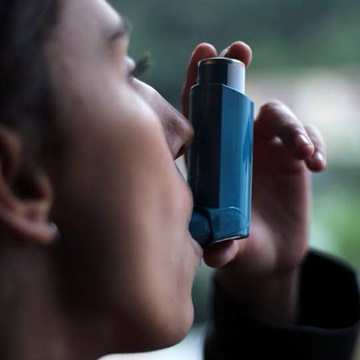What are Healthcare Researchers Doing to Address Health Equity?
Recent Post
1. What is the difference between a cold and the flu?
A cold is usually mild and caused by rhinoviruses, with symptoms like a runny nose, sore throat, and mild cough. The flu, caused by influenza viruses, has more severe symptoms such as high fever, chills, body aches, and fatigue.
2. Why is respiratory health important during cold and flu season?
Respiratory illnesses can worsen conditions like asthma, COPD, and interstitial lung disease, potentially leading to severe complications like pneumonia.
3. How can I protect myself from catching a cold or the flu?
Get a flu vaccine, practice good hygiene (handwashing, avoiding face-touching), and strengthen your immune system with a healthy diet, hydration, sleep, and exercise.
4. Does the flu vaccine protect against colds?
No, the flu vaccine only protects against influenza, not the common cold. However, it reduces your risk of severe respiratory illness caused by the flu.
5. What should I do if I start feeling sick?
Rest, stay hydrated, and use over-the-counter medications to manage symptoms. Seek medical advice if symptoms worsen or you have trouble breathing.
6. When should I see a doctor for a cold or flu?
Contact a doctor if you experience persistent fever, difficulty breathing, worsening symptoms, or signs of complications like pneumonia.
7. How can I manage cold and flu symptoms at home?
Use a humidifier, take medications like acetaminophen for fever, and drink warm fluids to ease symptoms. Rest is also crucial for recovery.
8. What precautions should I take if I have a chronic lung condition?
Have a proactive care plan, monitor symptoms closely, and contact your pulmonologist if your regular medications are not effective or if symptoms worsen.
9. How can we reduce the spread of cold and flu in the community?
Stay home when sick, wear masks if symptomatic, and follow vaccination recommendations to protect vulnerable populations.
10. Why is prevention better than cure for cold and flu?
Preventing illness reduces the risk of complications, healthcare costs, and the burden on your immune system, ensuring overall better respiratory health.




